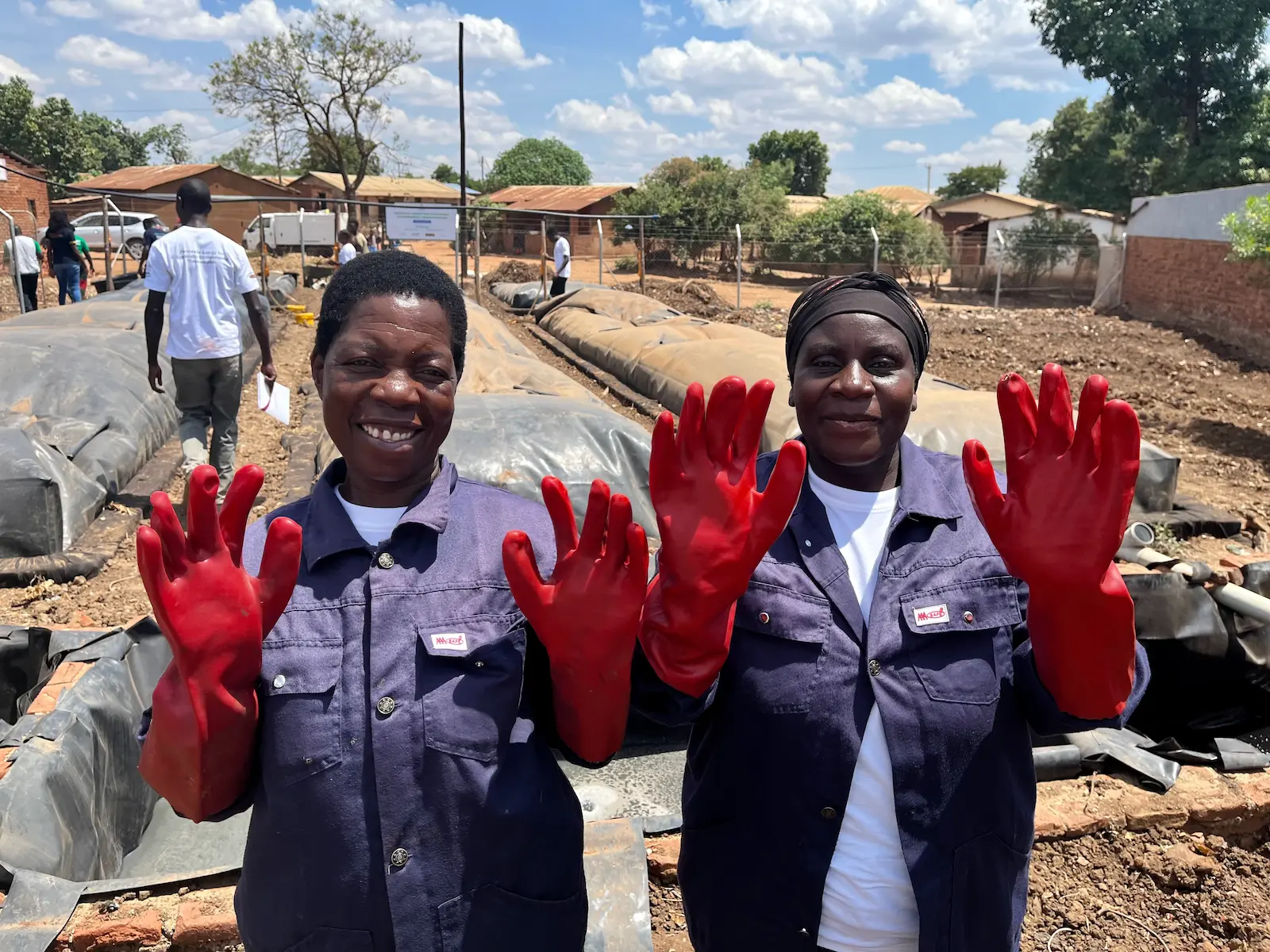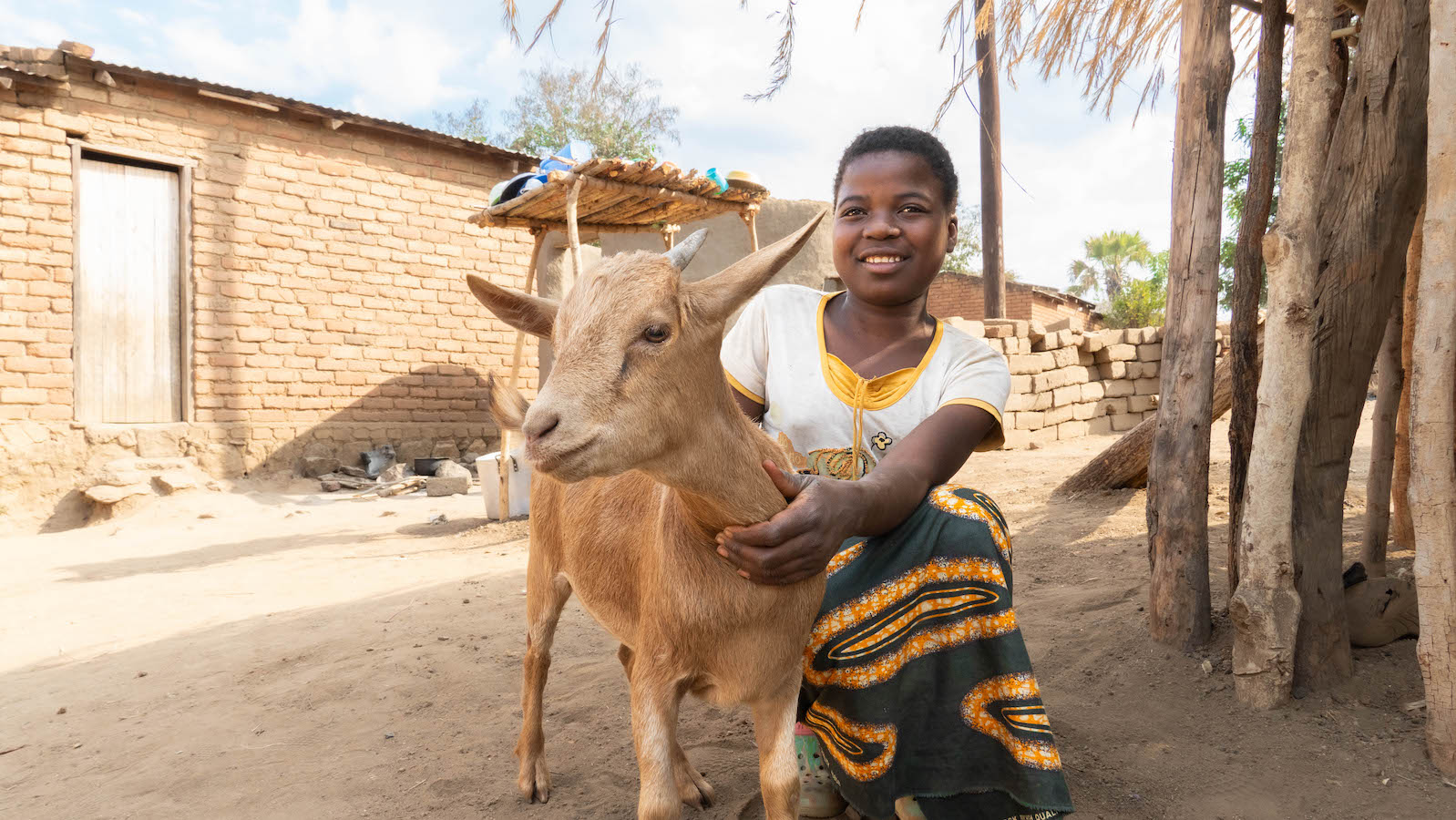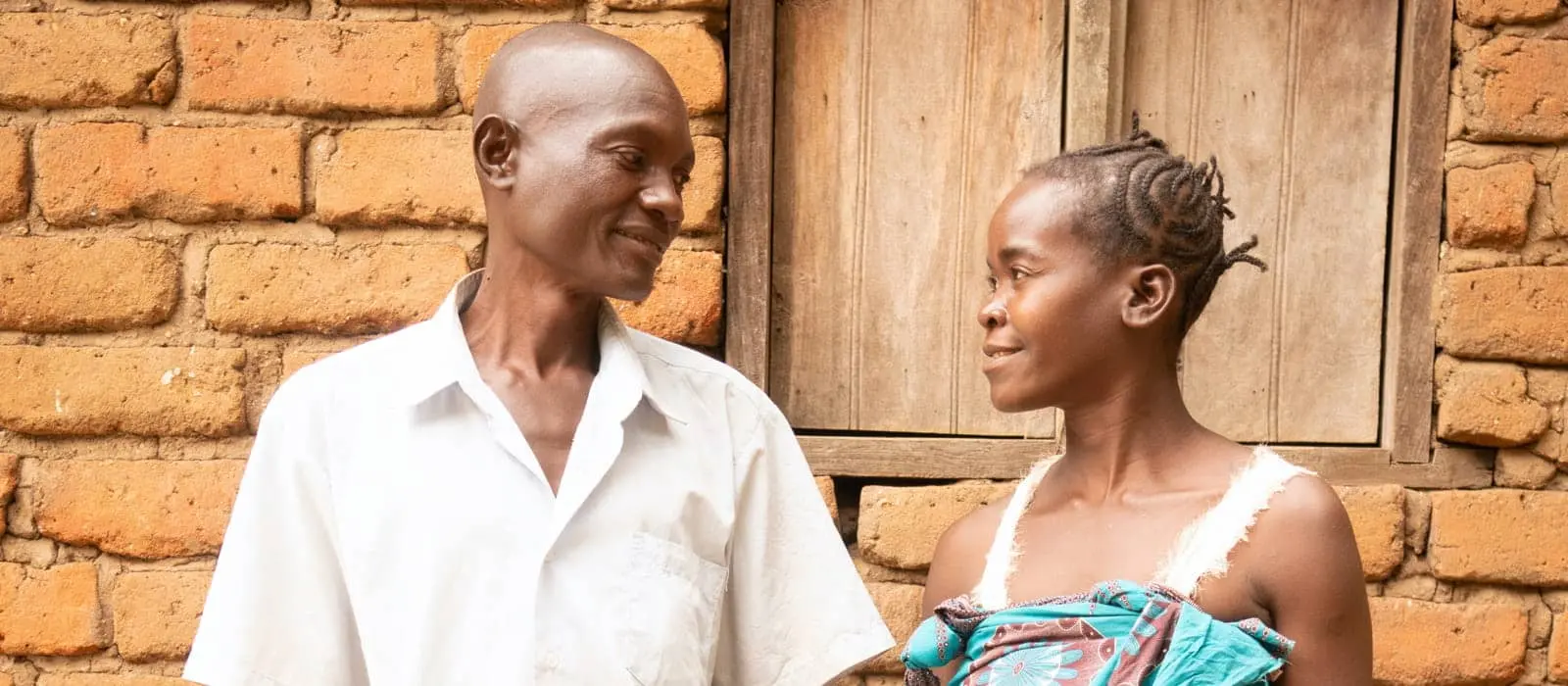The Challenge
Lilongwe Urban has a current population of 1,276,000, which is projected to double by 2025. The high population rate is posing a significant challenge for waste management practices.
In response to waste management challenges, Concern Worldwide's RESET project, in partnership with CCODE, a national NGO, and EcoGen, a Malawian commercial biogas company, aims to create economic opportunities for women living in extreme poverty in informal settlements in Lilongwe Urban by mobilizing them to create a waste management enterprise which collects and sorts previously uncollected waste and transforms it into biogas, fertilizer and recycled goods.
Why clean energy and organic fertilizer?
Through the RESET program, converting waste into clean energy and organic fertilizer will reduce emissions from wood and charcoal used for cooking, freeing up time for education and employment and reducing the risk of gender-based violence (GBV) associated with wood collection.
The fertilizer produced will replace imported chemical fertilizer at a fraction of the cost, contain more nutrients, promote soil regeneration, and improve soil fertilization. Participants of the RESET program will also sell recycled paper and plastic goods to generate income for women’s groups.
The Implementation
Currently, the project targets 10 enterprise groups of 25 women, for waste management and BioGas Systems to produce 20,000L of biogas daily, which will be sold as a cooking fuel.
Key activities include:
- Collecting waste from the community
- Producing compose manure
- Sorting plastic, glass and metal waste for recycling buyers
- Managing bio-digesters for biogas and bio-fertilizer production
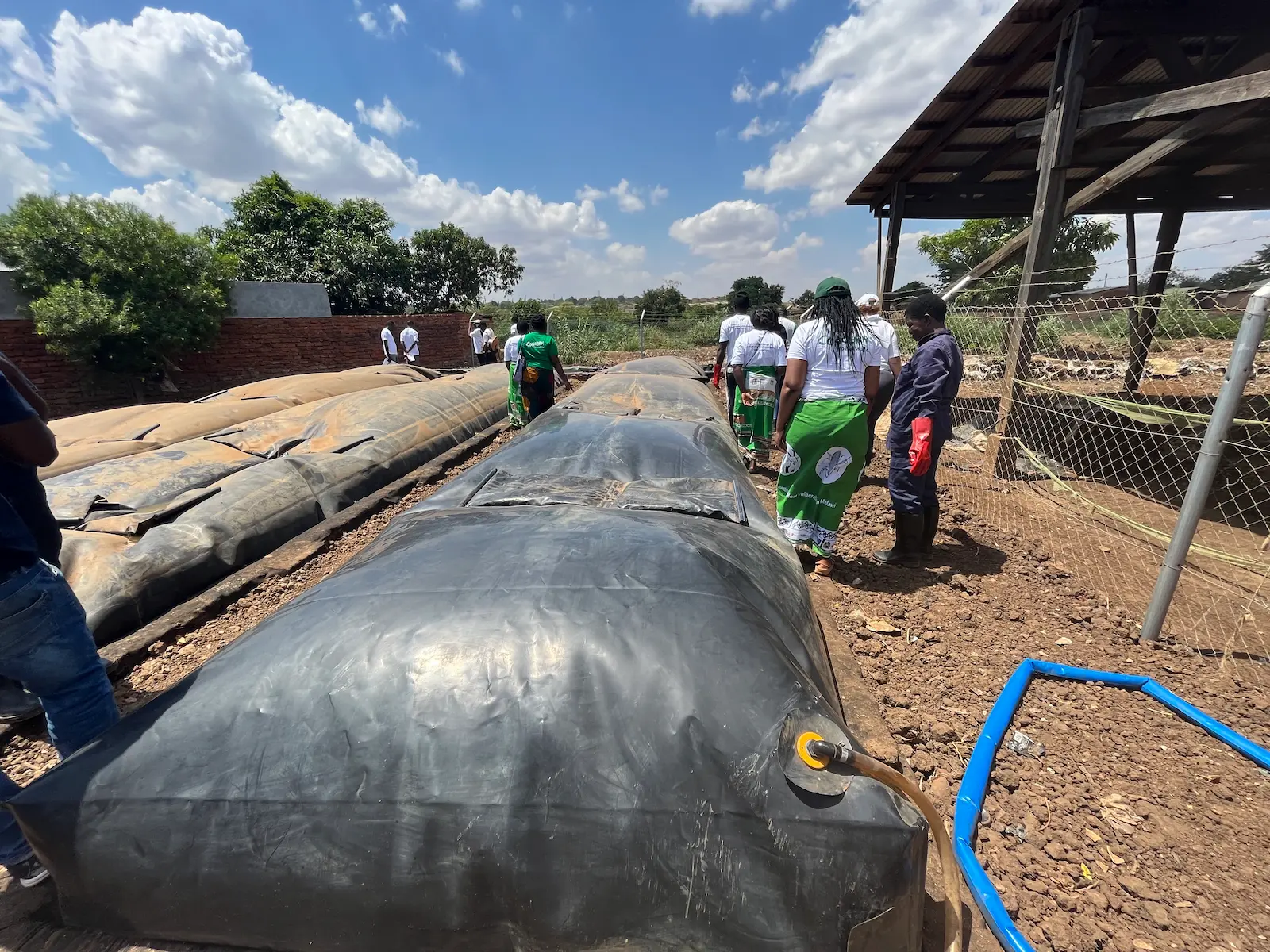
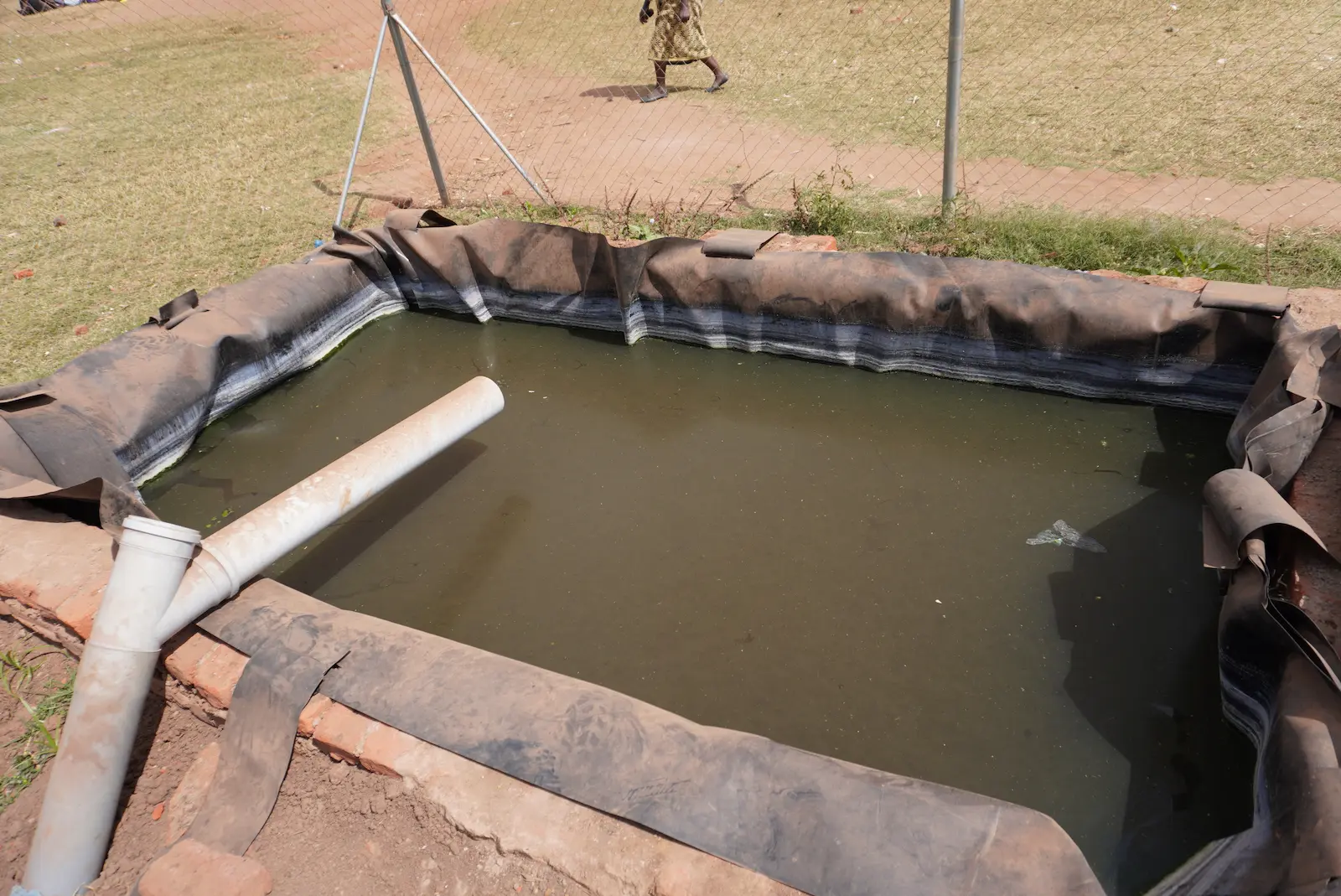
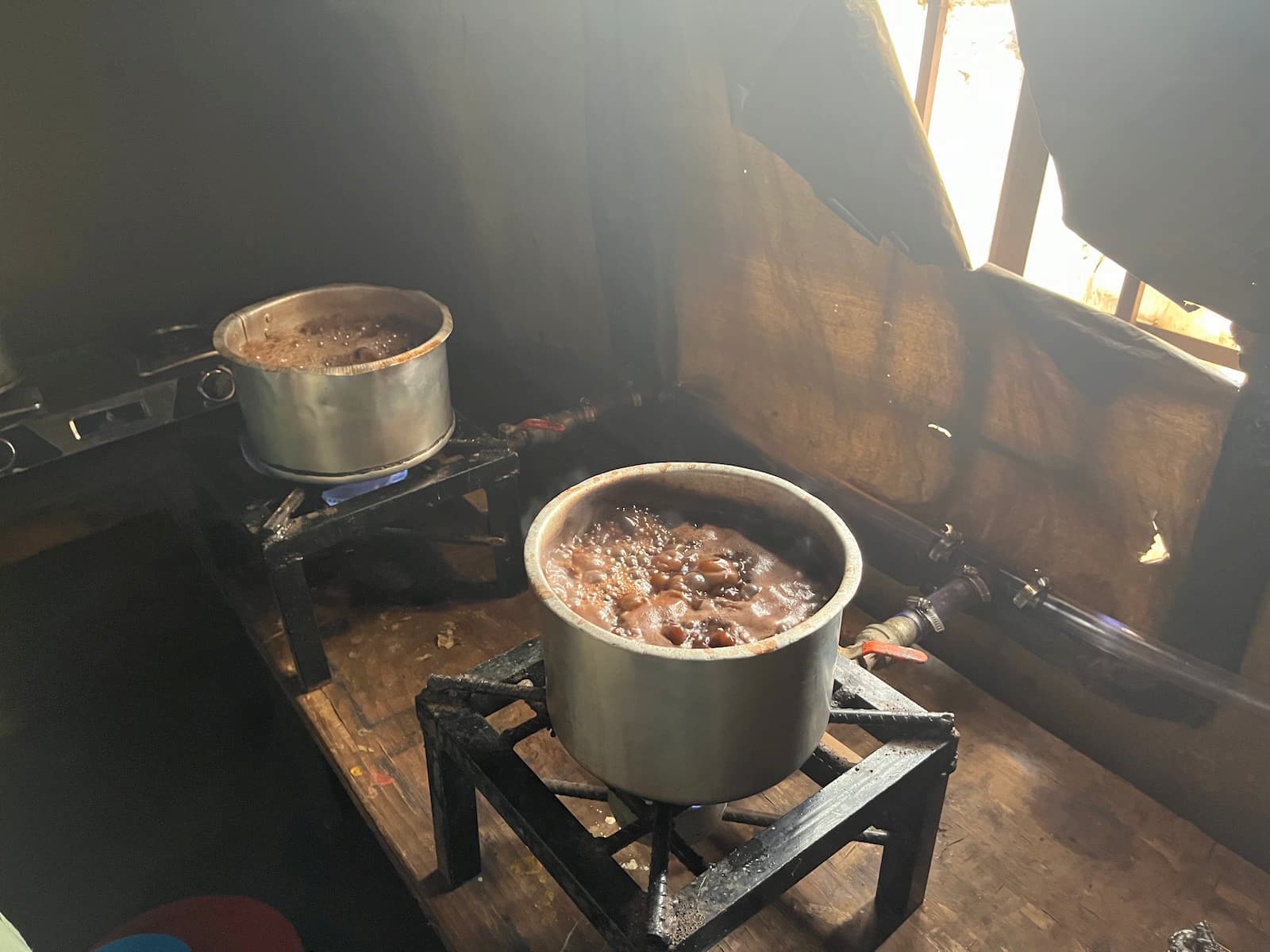
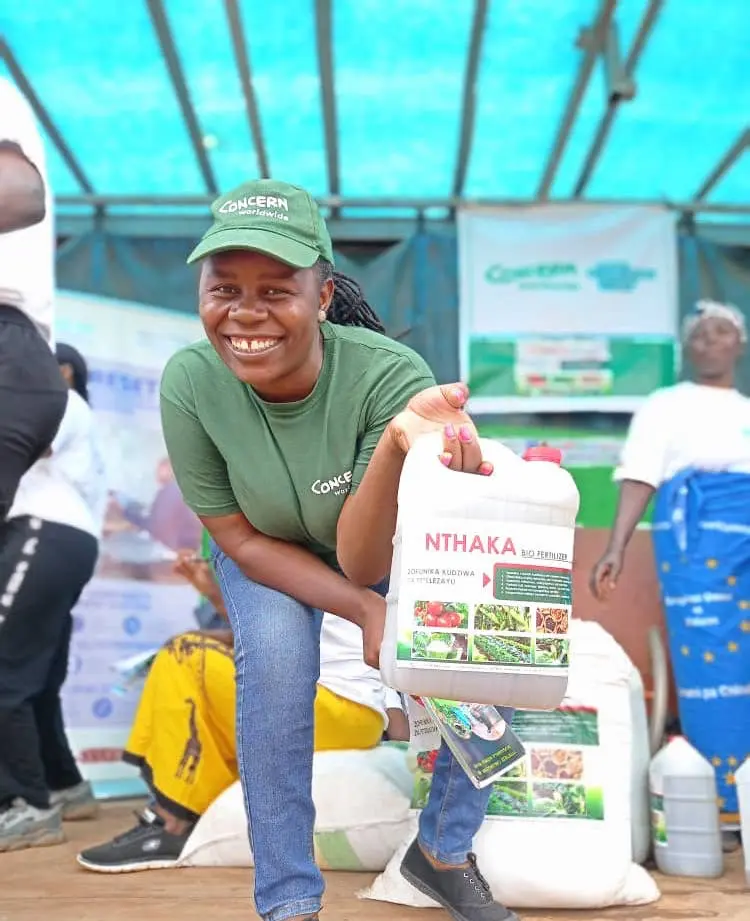
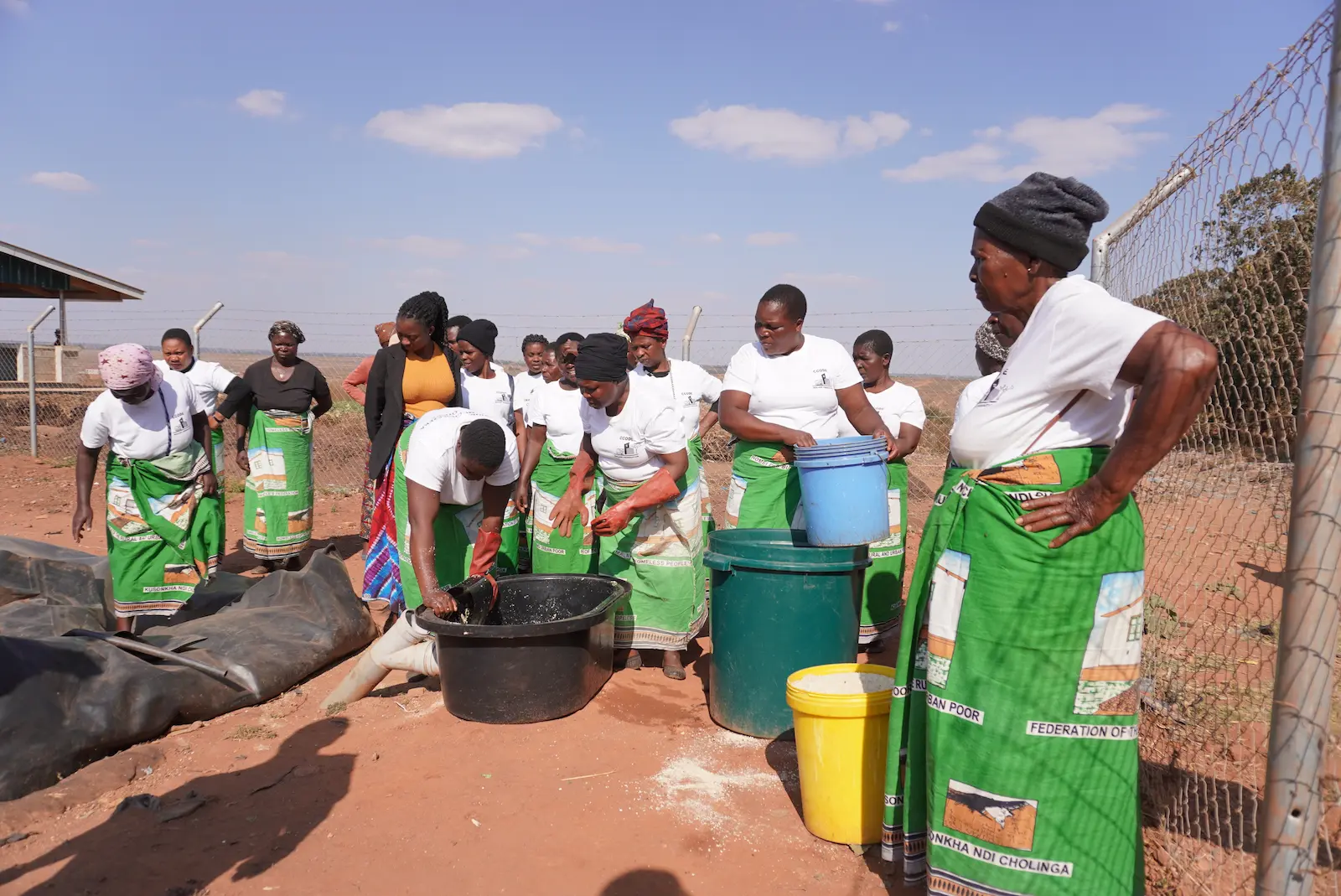
What is the impact of producing biogas?
- Source of income for program participants
- Reduces emissions and deforestation from the use of wood and charcoal for cooking
- Frees up time for education and employment
- Reduces the health risk of smoke in household cooking spaces
What is the impact of producing organic fertilizer?
- Reduces the need and cost for imported chemical fertilizer
- Increases soil nutrients
- Promotes soil regeneration through improved soil fertility and structure
With ongoing funding, the successful installation of biogas systems and the supporting enterprises will act as a model to be adapted across Lilongwe city and other urban areas in Malawi.
Contact Us
To learn more about the RESET program, please contact Katie Waller, Director of Strategic Partnerships, at [email protected].

